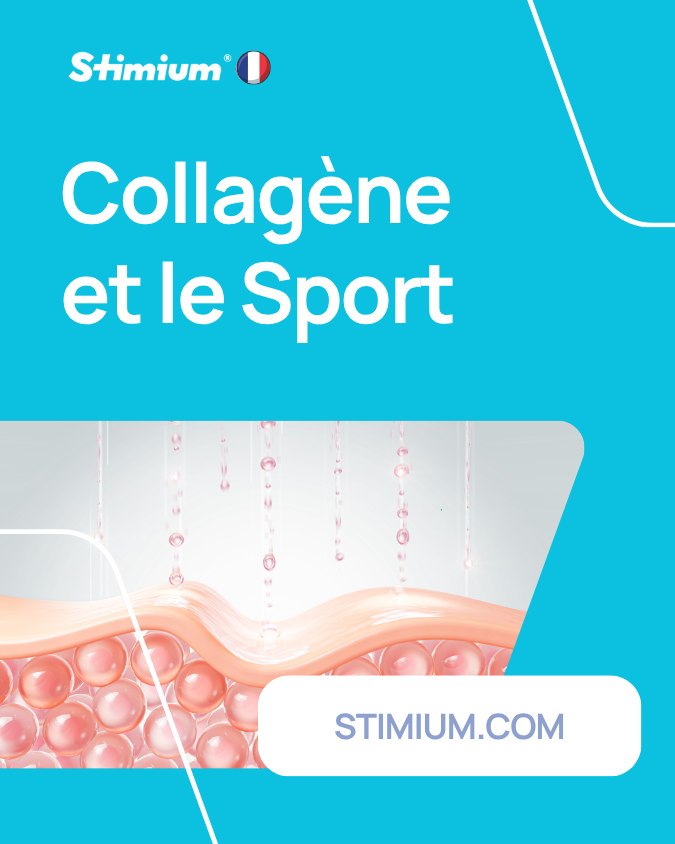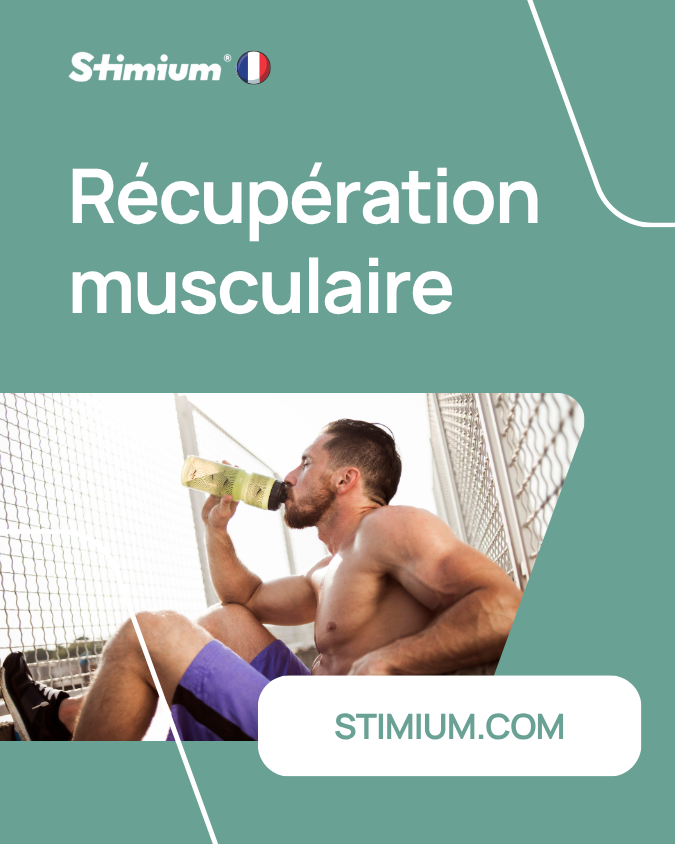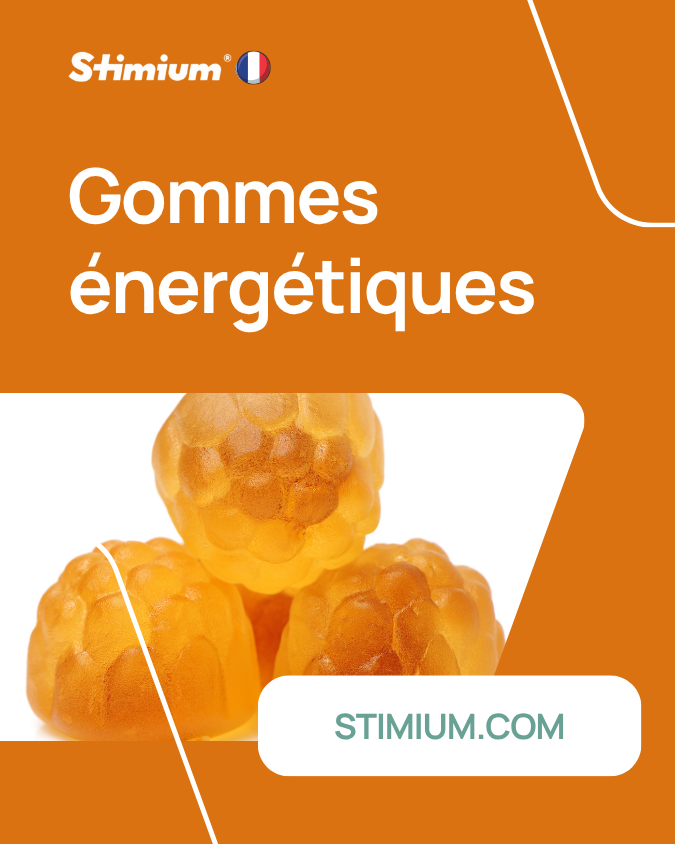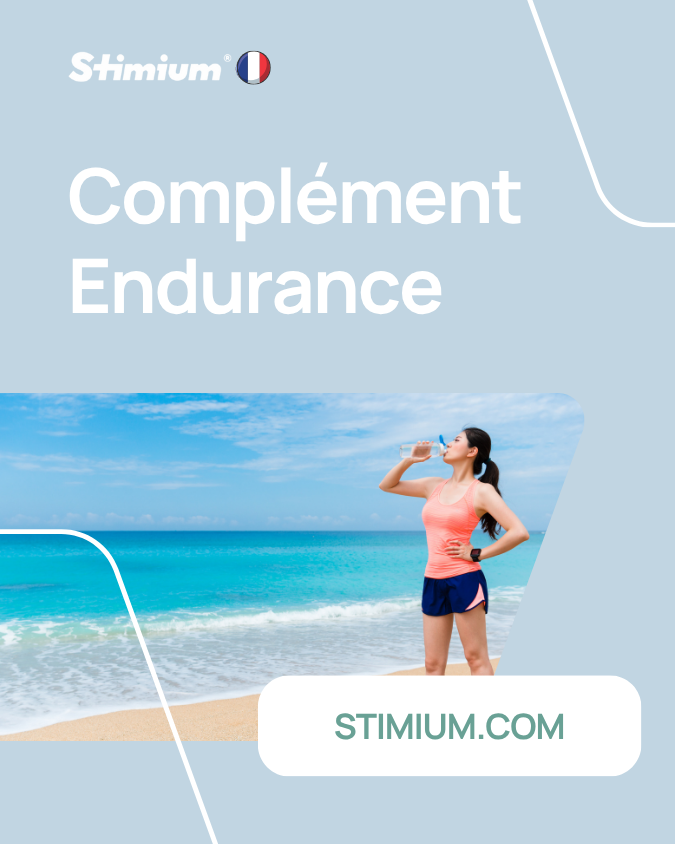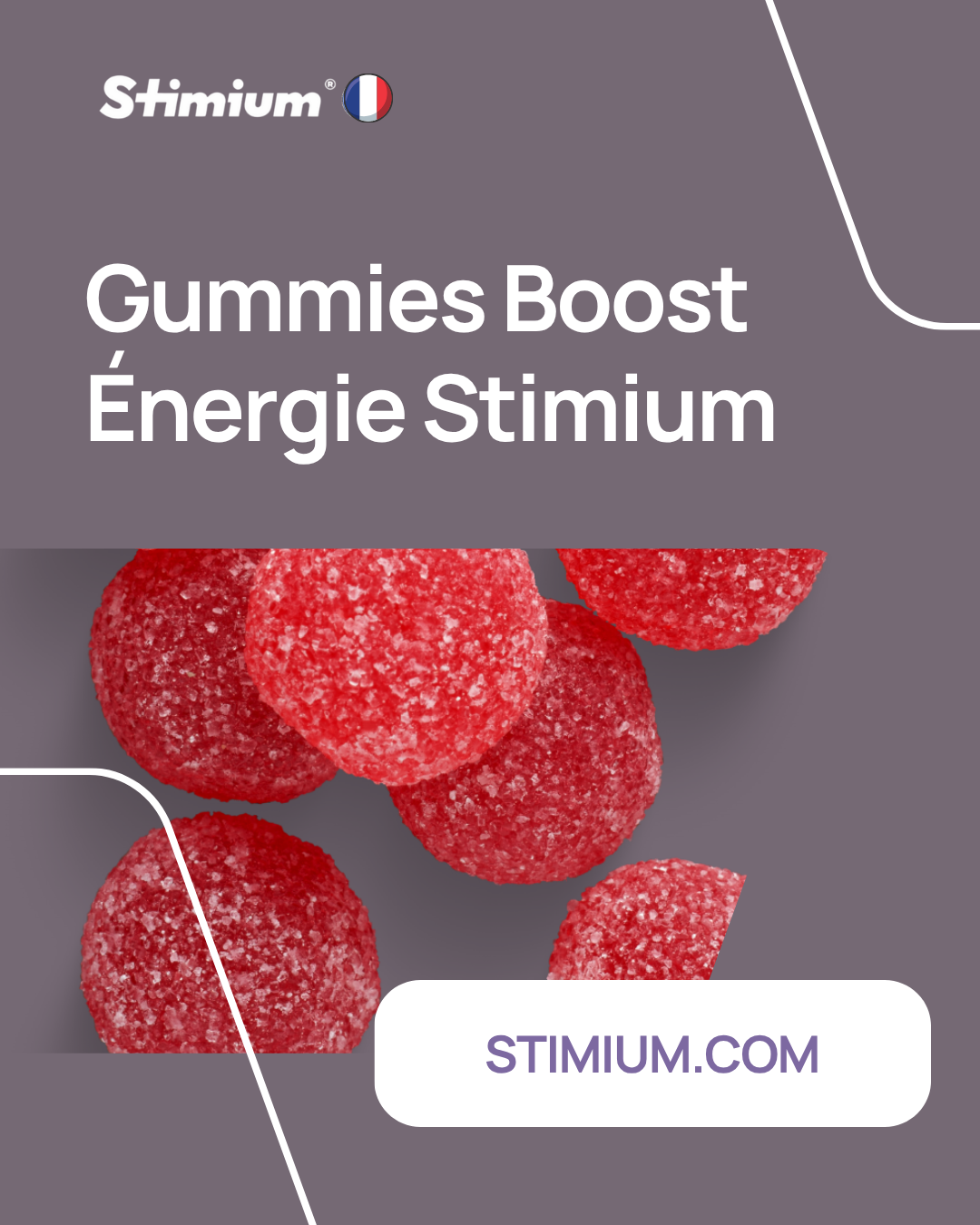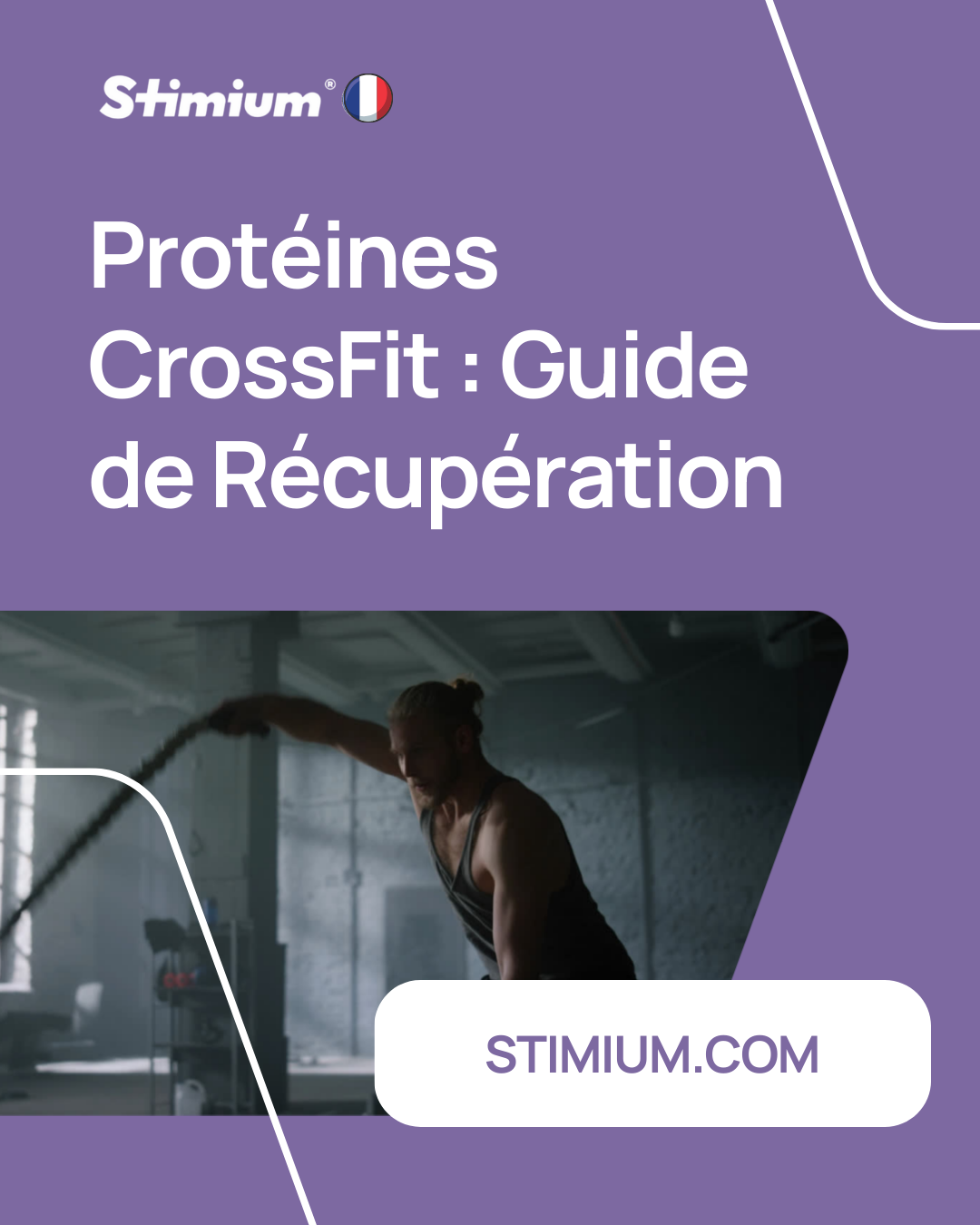Isotonic drink, interest, why take it? (2023)
What is an isotonic drink – Definition?
If you practice sport at a good level, you very often hear the term isotonic drink, without really knowing what it means.
In reality, for once, the definition and minimum composition of an isotonic drink is always the same, the basic recipe is therefore uniform: A drink is defined as isotonic when it contains the same concentration of particles than blood or blood plasma, we speak of the “osmolarity” (the number of moles in solution) of this drink, which must be between 270 and 330 mOsml per Liter to be isotonic. Why does a drink have to be of the same concentration as blood? Quite simply to facilitate its absorption in the intestine and therefore to have a “rapid” effort and above all without risk on the digestive system.
Stimium® Rgn3 Reload formulated with Ginseng or Stimium® Rgn3 Clean-Up enriched with Guarana are the 2 isotonic drinks developed by Stimium Laboratories to replenish vitamins and minerals after physical exercise, meeting the standardized definition of a drink isotonic.
Why take and drink an isotonic drink – objective.
The objective of an isotonic drink is to promote hydration and therefore the supply of water, minerals and nutrients (vitamins) to facilitate the replacement of what the body uses during exercise, in particular via the sweating. An isotonic drink will facilitate rehydration and allow assimilation in the body of its compounds to maintain effort (Glucose, sodium, etc.) or facilitate recovery, depending on when it is consumed.
To be as effective as possible, an isotonic drink must be easily and quickly absorbed with an optimized dissolution profile, but without being too loaded with carbohydrates, to avoid carbohydrate overload causing digestive disorders.
What does an isotonic drink include – formula.
The definition of an isotonic drink being standardized, its “basic” composition is always the same, with:
- Water, the main component of the drink, which ensures hydration during exercise, it is the sports users who will decide on the water concentration, depending on the powder/water ratio that they use. they will decide to take.
- Carbohydrates, which provide energy for continuation or recovery during sporting activity. The quantity of carbohydrates in a drink (isotonic or not) should not exceed 80g per liter, at the risk of entering a red zone of digestive tension.
- Sodium, which allows you to recover losses of salts contained in sweat. Furthermore, sodium will also allow better assimilation of water and carbohydrates.
- B group vitamins which allow the transformation of nutrients into energy if they are consumed during sport, and help to fight fatigue if the drink is taken after sport for recovery.
- Potassium, which is strongly found in sweat, in the same way as sodium, it is interesting to provide it in case of high temperature.
- Magnesium, which helps reduce fatigue and fight against the appearance of cramps.
- Antioxidants, such as vitamin C, which help the body defend itself against waste produced by the activity of our cells during exercise.
All sports, especially endurance sports, and any physical activity increase the risk of dehydration due to sweating, especially in spring and summer due to higher temperatures. Our sweat, whether we are a high-level athlete or a simple amateur, is made up of water and minerals including sodium and potassium). Depending on the type of sports practiced, it is possible to lose more than 2 liters of sweat per hour (try for example squash or fencing, or watch a basketball or handball match and you will see people in charge of wiping the covering sometimes drenched in sweat). Without compensation with a rehydrating drink, the body will become dehydrated, the muscles will become tense, and cramps and a drop in performance can quickly occur, or even more serious symptoms in the event of severe dehydration.
For training or competitions lasting less than 1h30, an exercise drink , or so-called energy drink, based on maltodextrin, will be sufficient. Take a sip every 15 to 20 minutes (and of course before feeling thirsty). However, if you go beyond 1 hour of physical effort in a temperature above 30 degrees, choose an isotonic drink.
For training or competitions lasting more than 1h30, an isotonic drink will be the best solution with a complete intake of water, sodium/potassium and carbohydrates. In the starting airlock, on the other hand, you can instead consume a waiting drink, such as Stimium Boost Powder for a complete refill in the bottle with carbohydrates and vitamins.
In conclusion, it is imperative to consume an isotonic drink when you engage in long-term activities and/or when temperatures are high, otherwise there is a risk of endangering your health without drinking one. An isotonic drink will (1) provide carbohydrates, essential nutrients for exercise, and mineral salts and (2) hydrate the body, slowing muscle exhaustion and reducing fatigue.
